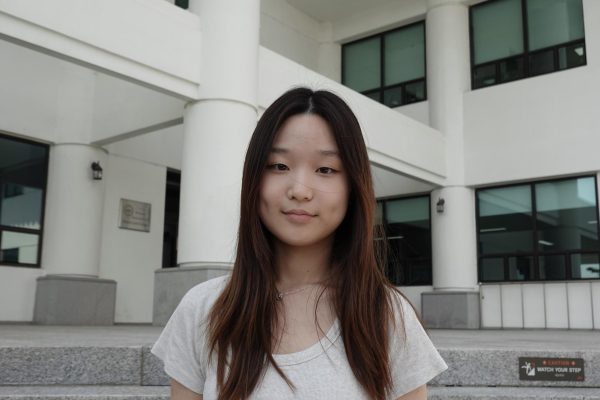As the college admissions cycle for the Class of 2024 comes to a close, anxiety rises for the students next in line. Each year, the college admissions process gets more selective, subsequently putting more pressure on the following class of students. This inevitably leads students to juggle near-perfect grades, extracurriculars, standardized test scores, and more. There is continuous reassurance of the insignificance of slightest differences in GPAs and to prioritize health over all else. However, for the rising seniors of SIS, such a lifestyle is not feasible with senior year being the accumulation of their four-years-worth of work.
However, how does one determine whether the time devoted to those activities, either throughout the school year or over the summer, is genuinely meaningful in aiding one’s acceptance rates?
“For juniors, this is the ‘research phase’—expanding awareness of oneself and the colleges while looking beyond brand name,” Kelcey Edwards, college counselor, said. “Most students will line up their two teacher recs by the end of the spring semester. In late spring and into the summer, they should start filling out the Common Application, figuring out how to tell their extracurricular ‘story,’ start drafting the main essay, and if applicable, making moderate-to-substantial progress on a portfolio. If possible, they should try to visit some campuses. By the time we return in August, seniors should be able to articulate what qualities are most important to them in their search.”
The college admissions process, while stressful, can also be an impactful way of unraveling one’s life and discovering a clear identity. This is especially so because, despite the many changing trends in the game of college admissions, the “story” component remains consistent. However, with such substantial work that rising seniors must endure over the summer and through the upcoming school year, it is understandable that looking on the bright side is a hard task.
“I’m probably most nervous about making my college resumes while also taking all my AP classes,” said David Kim (11), rising senior, said. “Right now I have no idea what the process is so it’ll be a very big learning curve for me. My goal is to finish a couple of my college essays over the summer.”
Despite such nerves, rising seniors can find comfort in the fact that they are all going through the same process and the same turbulent emotions.
“I think the norm at this phase for juniors is that they are nervous and excited,” Ms. Edwards said. “They aren’t necessarily familiar with the process, and then there’s the nerves and excitement that goes with aiming for the most selective colleges. The unexpected part to them is the psychology of our students: the mistaken belief system. The fact that every student here brings a strong academic to the table and that 80 percent of the applicant pool at any of these schools should be assumed to be ‘academically qualified.’”
Although there is no one best formula for tackling and overcoming such tribulations of the college admissions process, as the process is mainly subjective, seniors can attempt to control what they can in this unpredictable process by creating organizational methods and timelines that work for them.
“I would advise rising seniors to begin organizing tasks based on priority. Constructing a table for real-time progress tracking on essays and supplements is crucial because the risk of mixing up dates and criteria across universities was high and inevitable,” Jiyoon Lee (12), graduating class of 2024, said. “I would also advise students to start researching universities early on because every application requires a ‘Why Us’ section and it’s good to get a head start by going into the home page website and diving deep into your major section.”
The college admissions process always brings waves of anxiety and frustration in students, yet it is one of the last and perhaps most significant academic achievements one accomplishes toward the end of their high school career. No matter the outcome, the rising class of 2025 are evidently promised to have a supportive network at SIS.
“The idea that there is one and only one place where a student can be ‘happy’ and ‘successful’ is the most dangerous myth there is. That said, you can apply early and choose ‘the one’ while recognizing that there are dozens of colleges for you that will open the same doors,” said Mrs. Edwards. “To me, ‘success’ is students feeling like they have options.”


